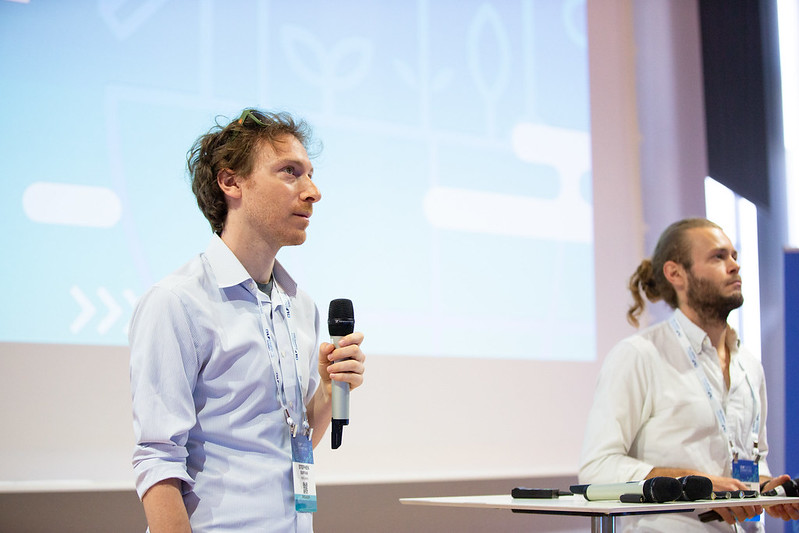At LF Energy Summit 2023, Pierre Segonne from Electricity Maps and Stephen Suffian from WattCarbon presented a session titled “Building a Unified Data Standard for Power Grid Data,” (video follows below). The session delved into the crucial need for a standardized data framework to enhance collaboration and transparency within the power grid industry. Let’s explore the key points discussed during this enlightening presentation.
The Quest for a Unified Data Standard
The session emphasized the importance of developing a unified data standard for power grid data. Currently, the industry lacks a standardized approach to share and interpret critical power grid information. By creating a common framework, stakeholders can exchange data more efficiently, fostering a collaborative environment.
Defining the Specification
Segonne and Suffian mentioned that the focus of their efforts is on defining the specification. The ongoing work involves setting the guidelines for sharing power grid data effectively. The primary goal is to enable utilities and system operators to report data within this standard effortlessly.
Data Validation and Transparency
An essential aspect discussed was data validation and transparency. While the team is working on a demonstrator to check and validate the data, they stressed that the standard’s role is not to verify the data’s accuracy itself. Instead, the framework aims to make data fetching easier for users from multiple sources. Users can then be the best judges of the data they retrieve.
Aggregation and Complexity
The presenters acknowledged the complexity involved in dealing with aggregated data from different hierarchies of the power grid. They proposed a solution to avoid instructing data reconciliation but, rather, to focus on providing a specification that allows users to report data accurately once they have handled the complexities specific to their systems.
Collaboration and Integration
Highlighting the significance of collaboration, Segonne and Suffian expressed enthusiasm for working with another group that focuses on customer data. The idea is to create a shared specification, allowing seamless integration of behind-the-meter data with fuel mix information, resulting in more accurate calculations like consumed carbon intensity.
